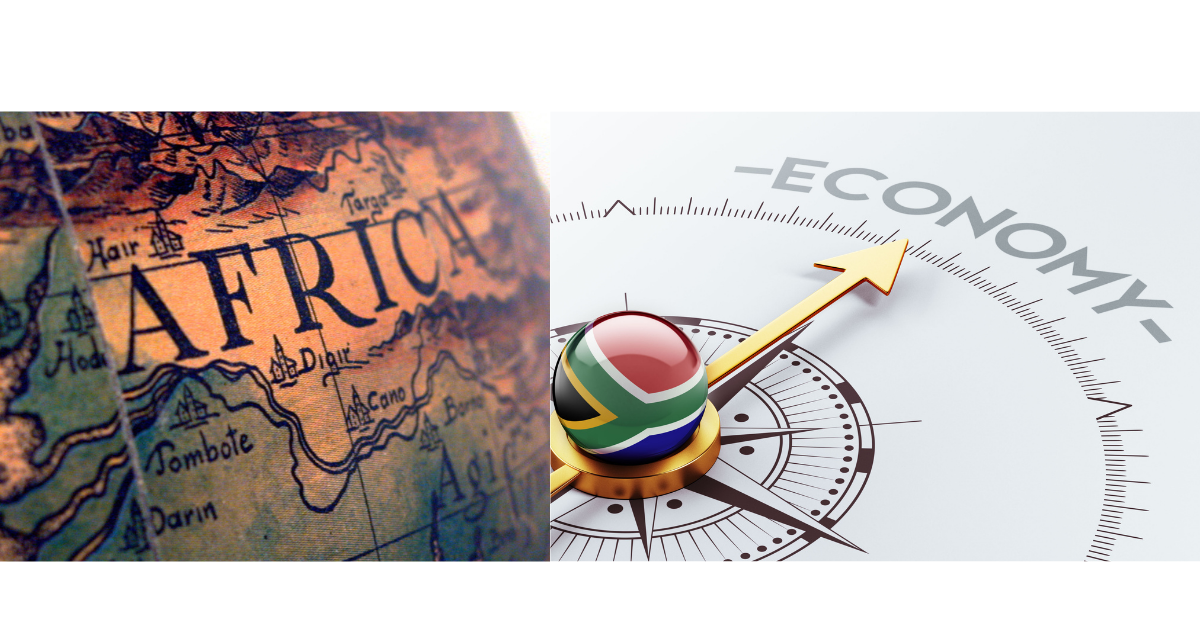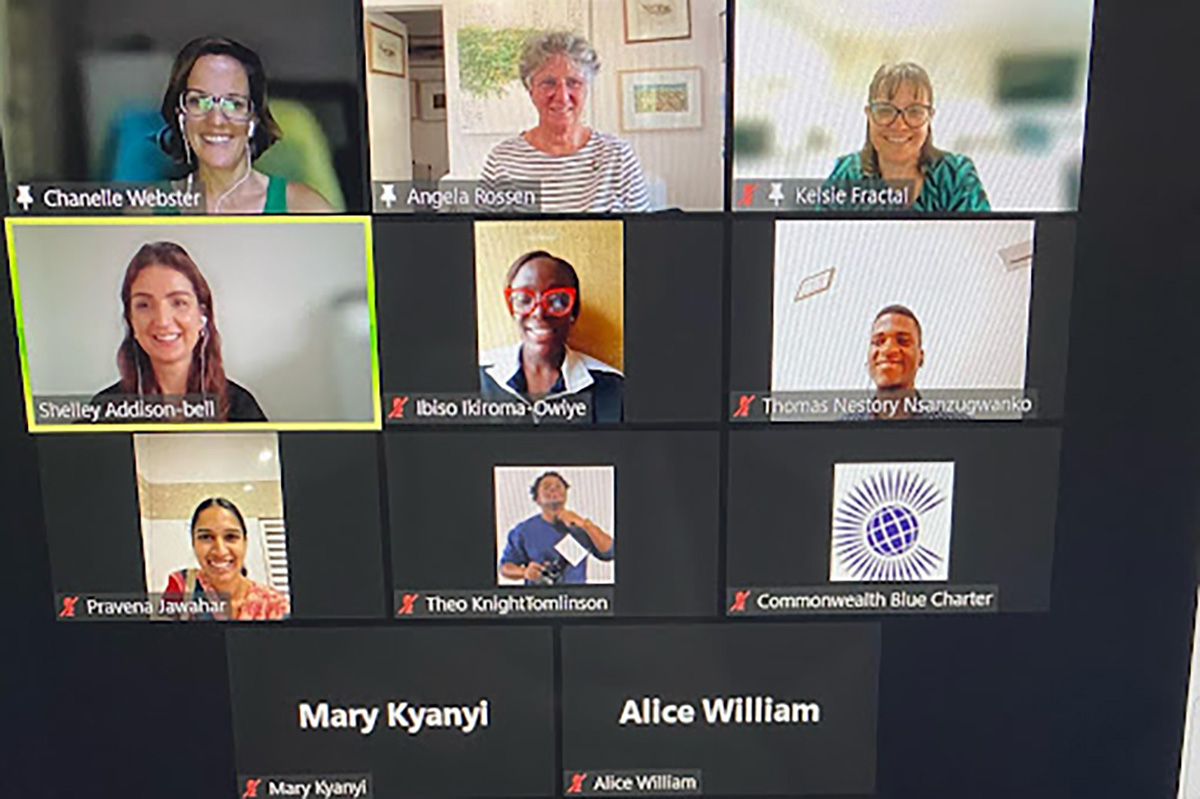Positioning Africa for Transformational Trade
May 24
“Trade is a force for good, and (if) properly harnessed can help lift millions out of poverty and bring shared prosperity”.
Ngozi Okonjo-Iweala, Director-General of the World Trade Organization.
In January 2021, African countries began trading under the African Continental Free Trade Agreement (AfCFTA). Gregory Idu, a 27 year old Commonwealth Correspondent from Nigeria argues that Africa has not yet realised the benefits to be had from a single trading market but with innovation, new technologies and brilliant young minds, he believes that Africa can build a resilient and prosperous trade-oriented economy.
There’s no denying that more needs to be done to position Africa to become a more trade-oriented continent. The African Continental Free Trade Agreement (AfCFTA) was a signature effort to position the continent to use trade to propel it economically in our interconnected world.
Having a single unified market that facilitates the seamless cross-border exchange of goods and services is critical for trade in a globalised world.
It is therefore concerning that we have seemingly still not grasped that international trade is a major driver of any prosperous economy.
The United States of America, China and Germany have taken the lead and benefited the most from (global) trade in 2021. This is because top-tier trade-oriented economies are driven by the quest to supply local products and services that meet the needs of the international market. This orientation has had a significant impact on their net export indices.
When an economy depends largely on imported goods or services, it usually morphs into a trade-deficit economy, that is, the value of imports becomes greater than the value of exports; hence, a negative net export index.
If Africa’s local economies are to produce large volumes, of high quality and high value goods and services for export then innovation is fulcrum of the productive sector.
Innovation is an enabler of sustainability so Africa must be positioned as an innovation hub to continue attracting trade and investment from across every corner of the world. It’s the answer to our collective cries for an end to poverty and hunger.
The Fourth Industrial Revolution captures the possibilities that technology has afforded us. Life has become easier because of time saving technologies, many processes have become faster, and our delivery of services has become more efficient.
Robotics, Artificial Intelligence, and IoT, to mention but a few, continue to be part of modern life. There is no better time to leverage these breakthroughs to achieve AfCFTA objectives, solving the multiplicity of challenges that we face with implementing this agreement.
Among the many challenges that we face, human resources are needed to make us a more trade-oriented continent.
It is noteworthy that we have the human resources spread across our landscape, particularly with the youth population — young men and women who have the energy, enthusiasm, and most importantly, the vision to change our historical narrative and to put us on the path of transformational growth and development.
This youth population must be a priority for our political leadership; identifying, developing and harnessing their potential to meet our short and long term financial goals.
Developing a trade oriented Africa is not without its challenges, the diversity of our languages for example is one issue that we must contend with. This should never deter us if we are united and resolute in our will to build the Africa we want. Furthermore technology can assist us with our language barriers.
The AfCFTA has been an incredible start for Intra-African trade, and will enable us to move ahead with other pan-African initiatives.
It is hoped that governments and the private sector will feel a greater and more urgent sense of responsibility to implement measures that will bolster their respective economies, prioritizing trade, marked by innovation, equity, and accountable leadership.
Photo Credit: Canva
About the writer: With experience spanning two years in the development sector, Gregory Idu continues to seek to proffer solutions to issues centered on socio-economic inequalities. He was a (2019) delegate of the World Youth Forum in Egypt, a Public Policy fellow of the YALI West Africa Regional Leadership Centre (2020) in Ghana, and an alumnus of the Fund for American Studies, Washington DC (2020).As a banker and a to-be chartered accountant, he is deeply poised to continue to leverage his technical expertise to foster international trade and globalization, and to increase access to funding for business owners whilst also creating saner economic environments for investors within the Nigerian markets.




